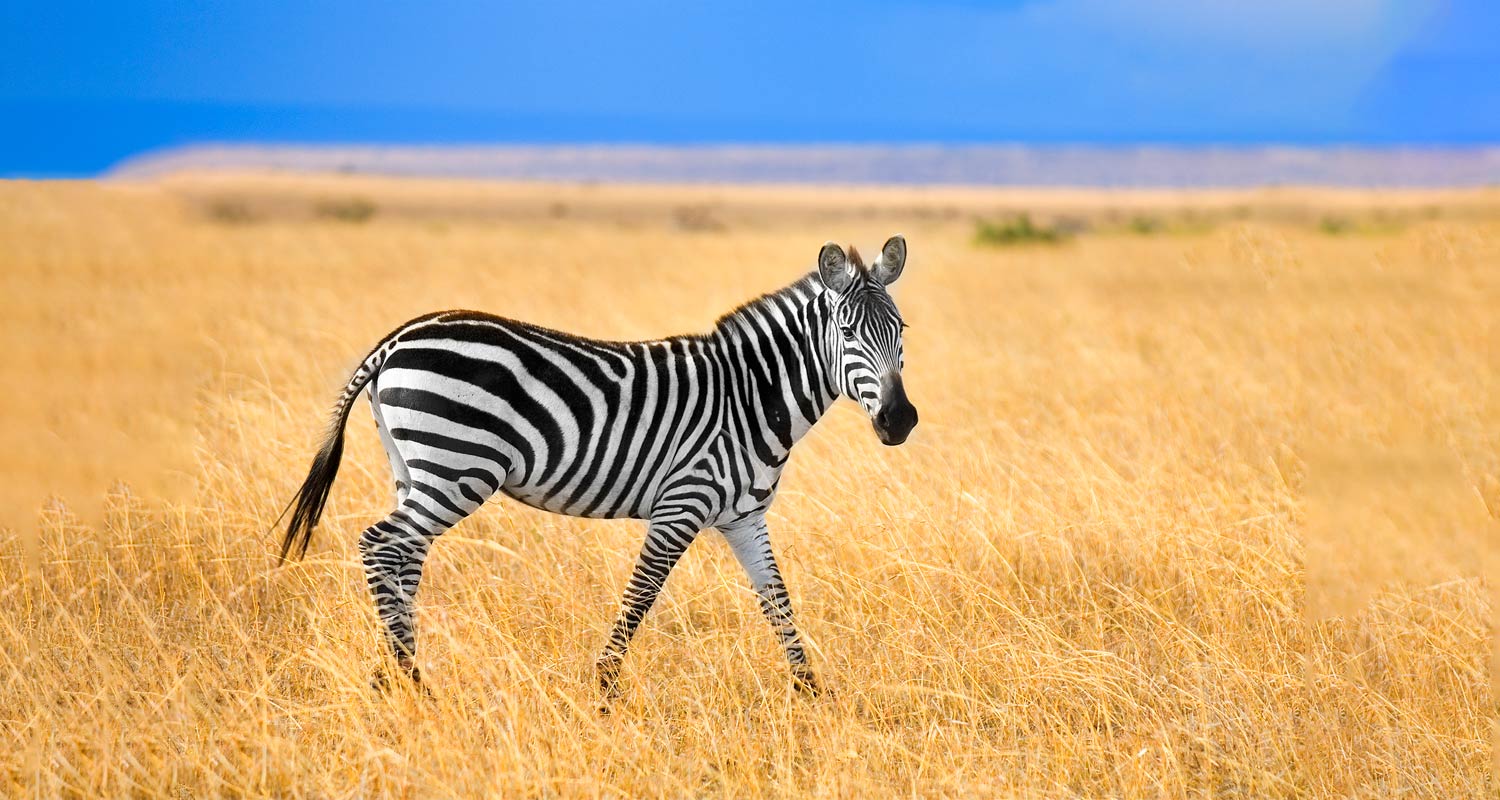 South Africa has published a strategy document designed to tap the potential of the country’s vast wildlife industry to export more zebra, crocodile and other meat, as well as boost local consumption of the animals.
South Africa has published a strategy document designed to tap the potential of the country’s vast wildlife industry to export more zebra, crocodile and other meat, as well as boost local consumption of the animals.
The law aims to formalise the industry in a country where 80% of wild animals are on private land and deemed the property of the landholders, a legal quirk that has boosted game numbers by giving the animals monetary value.
Until now, little game meat has been sold formally, with just 3 000t of zebra, crocodile and ostrich meat sent to the United Arab Emirates, China and EU in 2019, the department of forestry, fisheries & the environment said in a statement on Friday. The meat is comparatively lean when compared with beef and lamb.
“The growing market of consumers who are health-conscious, looking for sustainably sourced products that contribute to biodiversity conservation, community development and pose less risk to the environment is evident,” the department said in the document. “The South African game meat industry is well placed to service this growing market domestically, regionally and internationally.”
The strategy, if implemented correctly, could create 202 000 jobs by 2030, the department said as it laid out a plan to promote consumption of the meat, most of which is produced on farms where 16 million wild animals live. In 2016, almost 180 000 of those were culled and could have been sold for consumption, the department said.
Doubling
Elements of the strategy, which has been approved by the cabinet, include almost doubling the amount of game meat production to more than 100 000t annually by 2030 and ensuring that 85% is fit for human consumption, up from 10% currently. A shift away from hunting to commercial production will be encouraged and abattoirs will be set up.
Antelopes that could be targeted for meat production include kudu, blesbok, springboks, gemsbok, eland, wildebeest and impala, the department said.
Read: How to grow white rhinos in a lab – and save a species
While South Africa produced more than twice the amount of game meat than deer-hunting New Zealand, it exported just US$12-million worth in 2020 compared with New Zealand’s $122-million. — (c) 2023 Bloomberg LP




